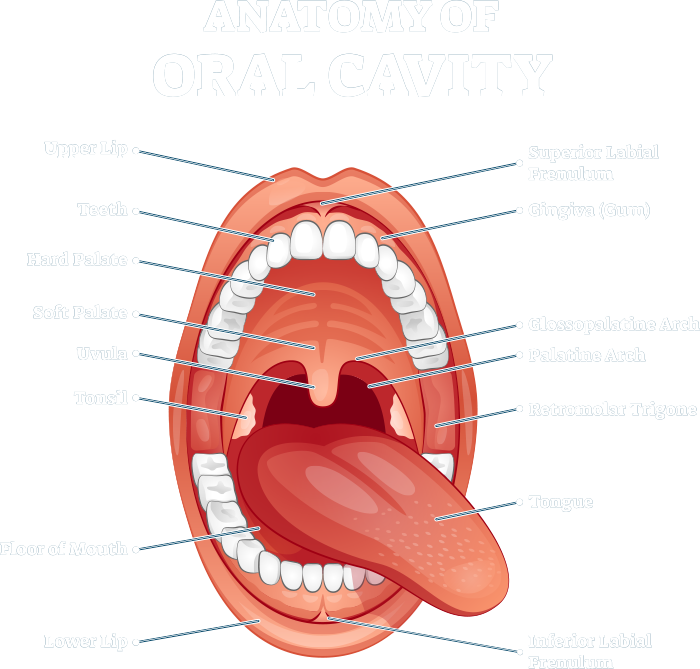Non-cancerous
What is a non-cancerous – or benign – oral tumor?
It is one that:
- Does not spread, or metastasize, to parts of the body other than the mouth.
- Is a change to cells within the mouth, but the cells are NOT cancerous.
- Is usually NOT life-threatening.
Many types of oral growths and lesions are NOT cancerous.
A few of these include:
1) Warts
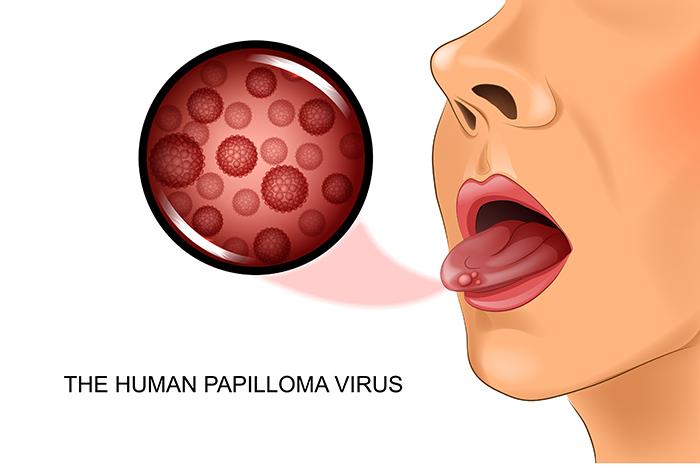
Oral warts tend to be small round or oval growths located either in the mouth or on the lips. They are caused by infection with Human Papilloma Virus (HPV) and can be spread to the mouth by hand contact or through oral sex.
Many (but not all) of these warts are benign, but should be evaluated immediately.
When the wart is removed the path lab will check it for cancerous cells.
Oral papilloma warts are a cause of oral cancer.
2) Canker sores
Canker sores (recurrent aphthous ulcers) are one of the most common oral conditions, occurring in about one-half of the population!
They are NOT contagious.
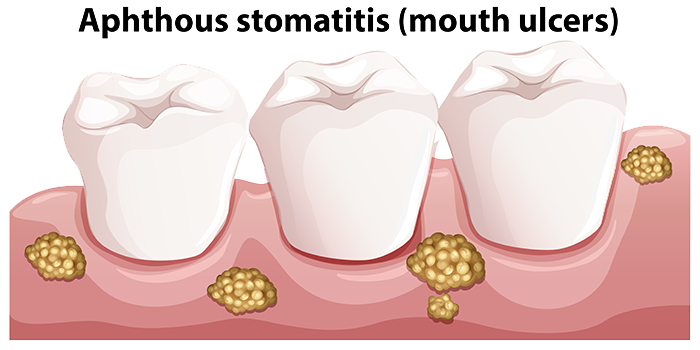
Canker sores usually affect the soft parts of the mouth that move (cheek lining, lips, tongue). The cause is not yet known, and they usually go away on their own within a week or two.
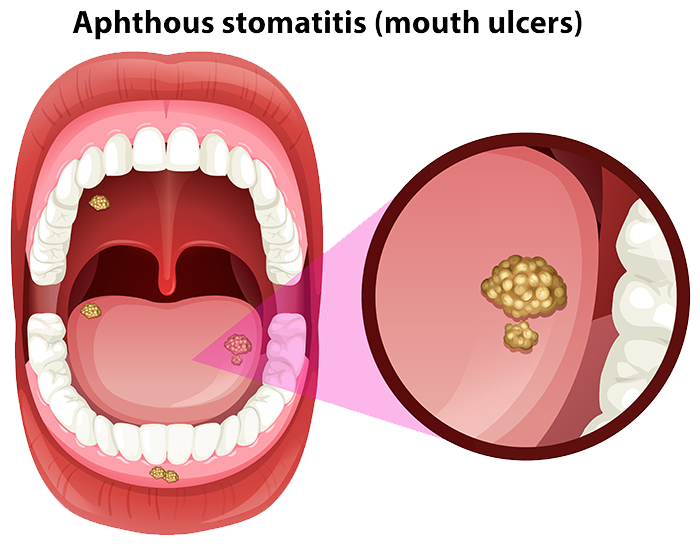
Treatment may include application of various creams or stronger systemic medicines. Be sure to tell Dr Rider if you develop canker sores more than three times a month of if you’re never without one.
3) Cold sores
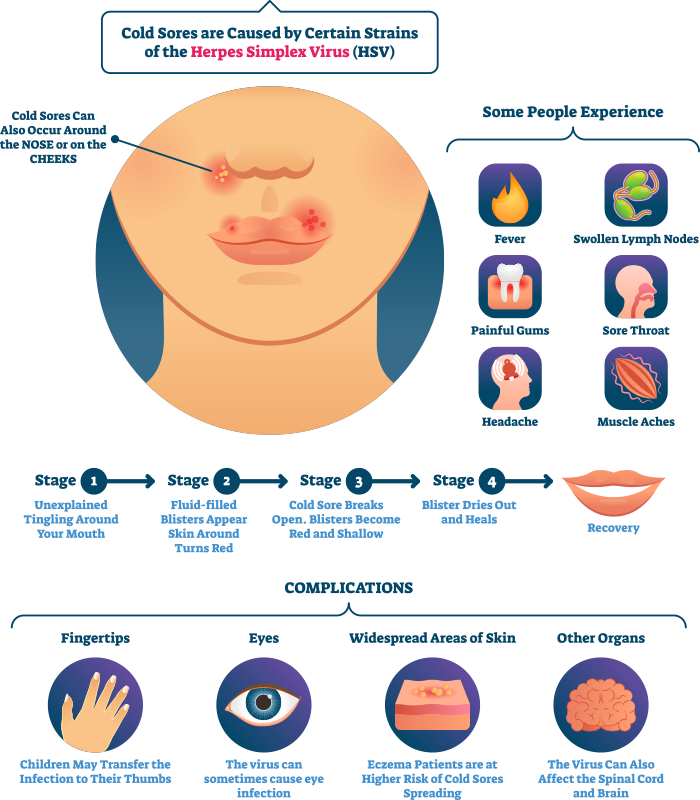
Despite their name, cold sores are not caused by the same virus that causes the common cold. Instead, they’re caused by the herpes simplex virus (HSV) are contagious, spreading as a result of close contact with an infected person.
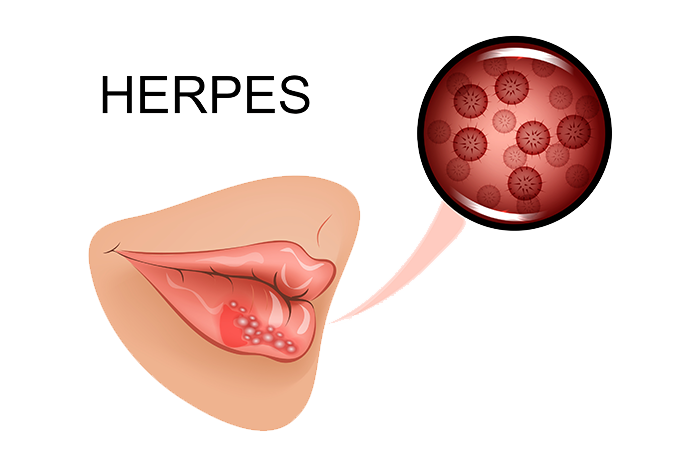
The sores are small, reddish blisters that can appear inside the mouth or on the lips. Cold sores usually heal on their own within a week or so but, once infected with an HSV, the sores are likely to recur, especially when an individual is stressed or fatigued. Your treatment should be delayed until the sores are healed.
Other non-cancerous oral conditions
These may include:
Thrush – A fungal condition;
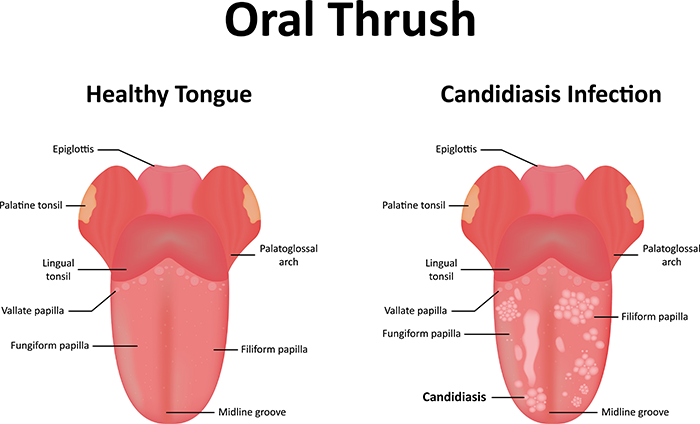
Torus – A bony growth on the roof of the mouth or alongside the tongue and on the cheek side of the jaw bone;
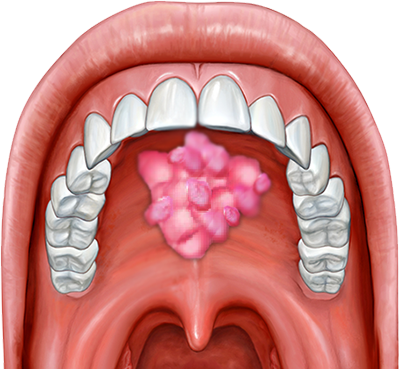
Mucocele – A swelling that is often caused by biting the inside of the cheek or lip; These lesions may require surgical removal.
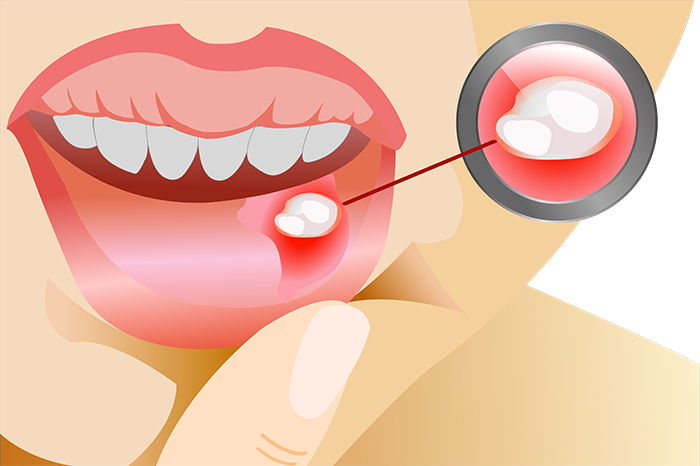
This list of non-cancerous oral growths and lesions is not meant to be exhaustive; its purpose is to show that many oral conditions are NOT cancerous. It’s always best to exercise caution by having Dr Rider’s team conduct an oral exam to determine what is causing the condition you’re experiencing.
Pre-cancerous
A pre-cancerous oral condition is one where there is a change to the cells of the mouth that makes it more likely that these cells will become cancerous if left untreated.
The most common pre-cancerous conditions of the mouth include Leukoplakia and Erythroplakia.
Leukoplakia is an abnormal gray or white area that develops on the gums, tongue, inner cheek, roof or floor of the mouth. This frequently is caused by irritation, such as smoking, or chewing tobacco use or even an older, poor fitting denture or partial denture.
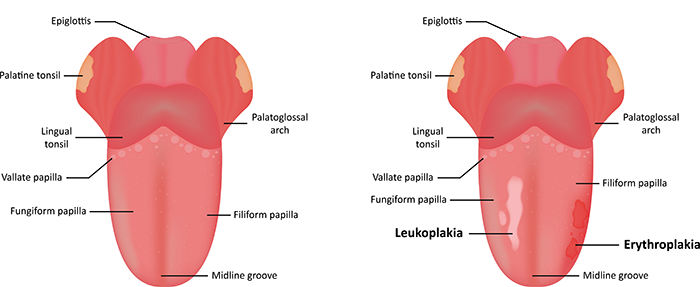
Erythroplakia is a group of red spots or abnormal red area that forms on the mucous membrane (lining) of the mouth.
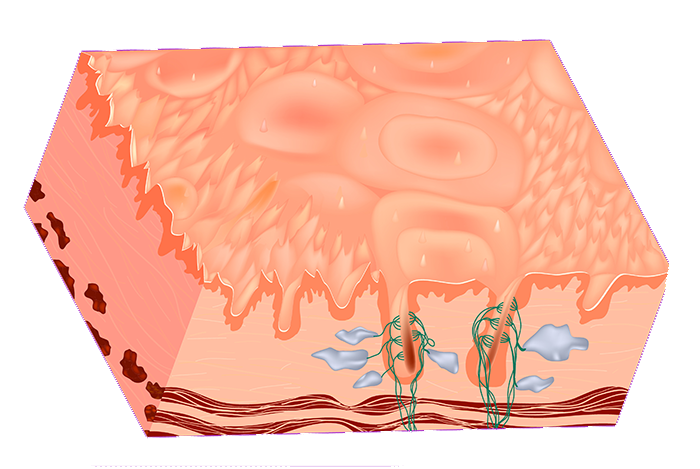
MUCOUS MEMBRANE
Since almost 50 percent of erythroplakia develop into cancer if left unattended, an oral exam is critically important.
Treatments
Both leukoplakia and erythroplakia require careful monitoring so they do not progress to cancer. They require biopsy or removal to confirm diagnosis.
Risk factors
Both of these pre-cancerous conditions share these risk factors:
- Heavy smoking
- Use of chewing tobacco
- Excessive alcohol consumption
Cancerous
Untreated leukoplakia and erythroplakia may advance to cancer.
Other symptoms of oral cancer may include:
- A lump or growth on the lips or inside the mouth
- A thickening of the lining of the inner cheek
- Bleeding in the mouth
There are numerous other symptoms of what may be oral cancer. It’s always best to consult Dr. Rider to determine the nature of any growths or lesions present in your mouth.
Diagnosis
Diagnosis is made by biopsy (removal of a sample of cells for lab testing).
Removal of abnormal growths and lesions
If your oral surgical exam uncovers any abnormal growths and lesions, Dr Rider will discuss a specific treatment plan with you.
In general, treatment of cysts, lesions and benign tumors will involve using a local anesthetic to minimize discomfort. I.V. anesthesia or oral sedation may also be used to relax you during your surgery.
